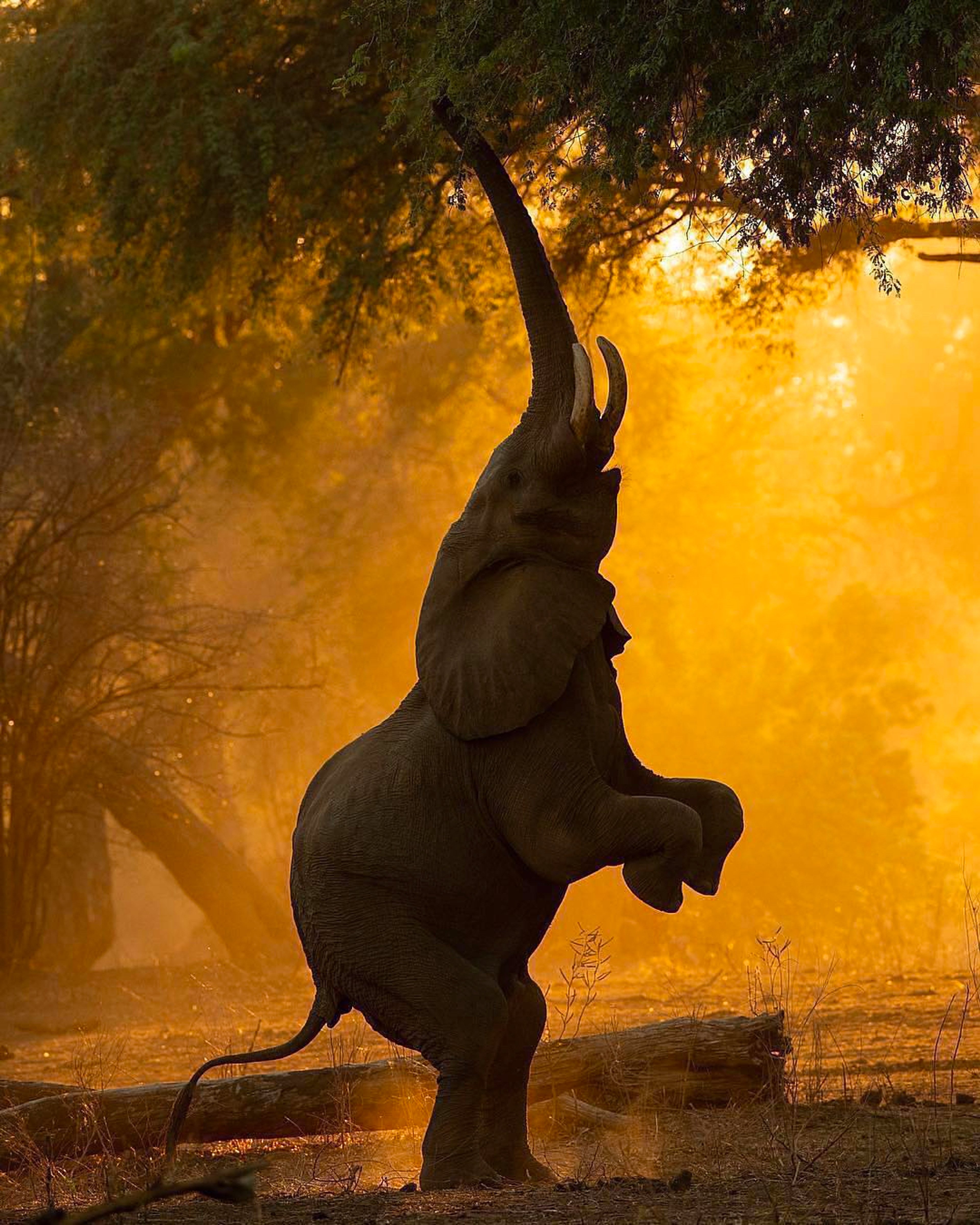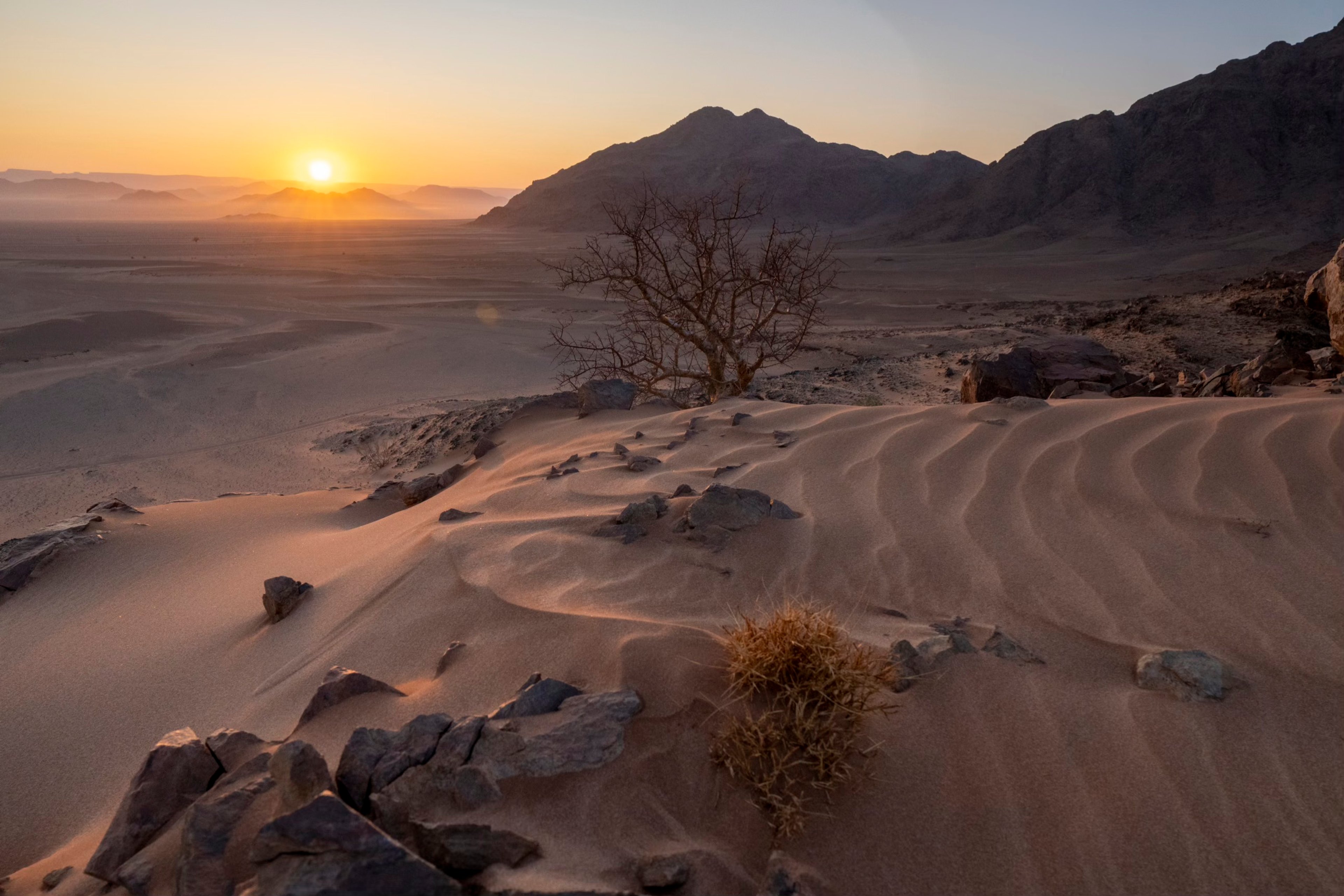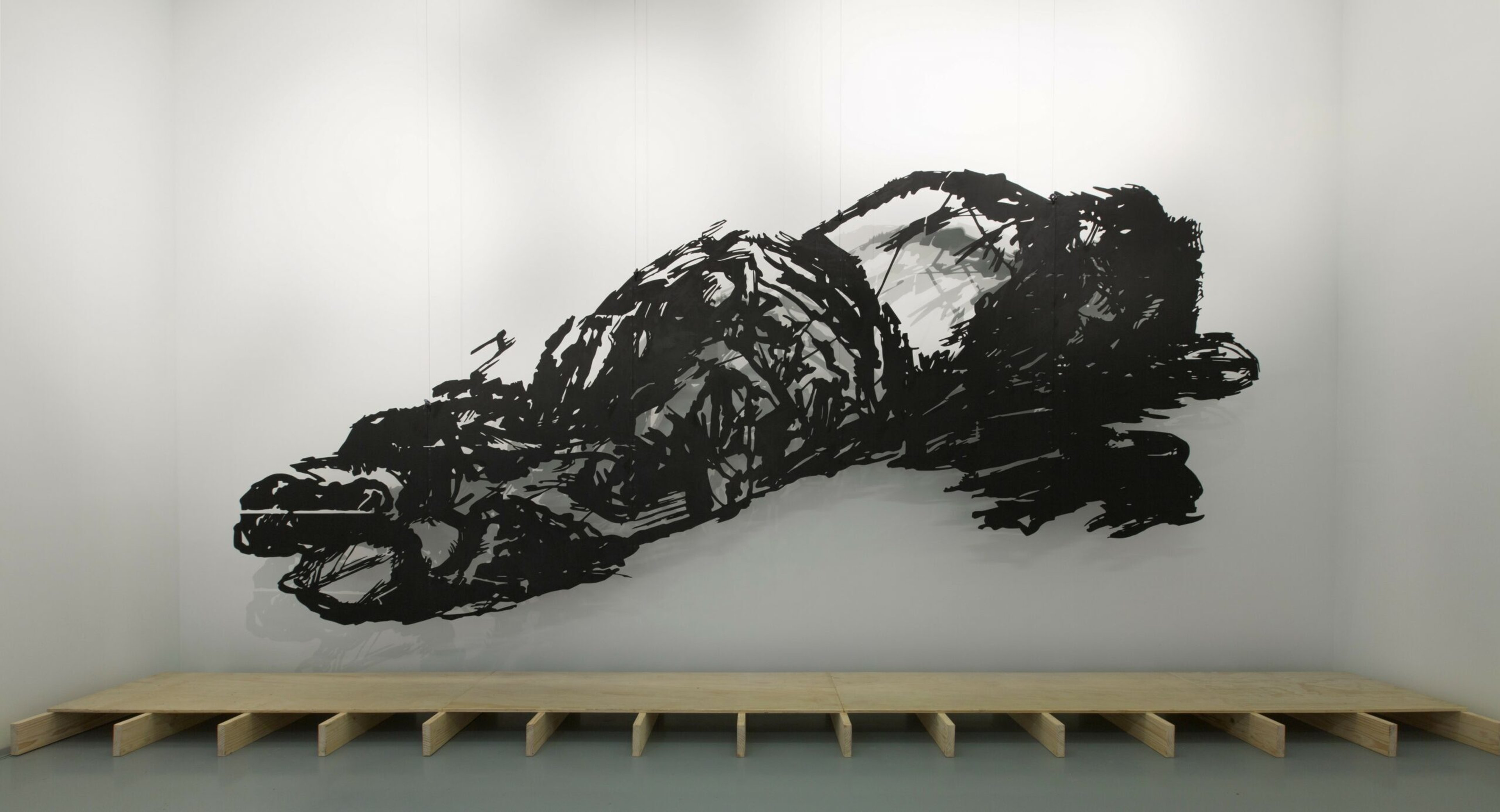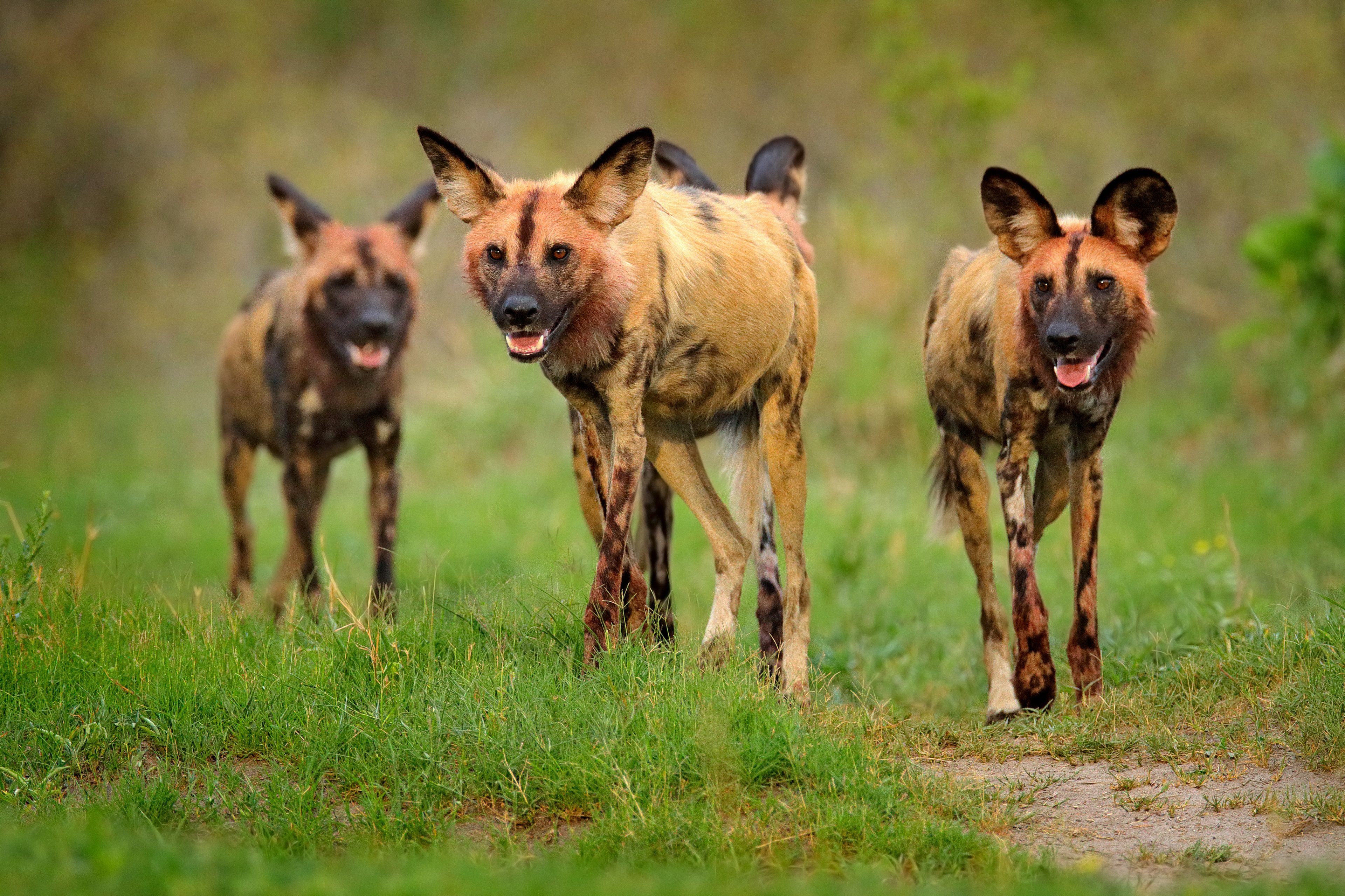“Dad loved Paris in the spring; he loved Paris, the whole song. Something had happened to him there the year he left high school; love perhaps, or his first taste of freedom from the boiled-cabbage, gin-wrecked gloom of his British upbringing. After that, for the rest of his life, every time he came into extra money, which wasn’t often, he’d threaten to buy two tickets to Paris.” And so, Alexandra Fuller’s latest book Travel Light, Move Fast begins, pulling me in as all her other books have done, with her fast-paced ability to fell you at the knees with universal truths whilst simultaneously making you laugh out loud at her stunningly accurate depictions of people, places, and personalities. No story is simply told, it is enacted. Zimbo’s always seem to make the very best story tellers. They tend to be blunt and don’t have to preface what they have to say with a whole lot of fluff. That I understand her father’s passion for Paris is probably because France is where my Huguenot ancestors originated, before arriving in Africa in 1688. This may explain why I am also forever tempted to buy 2 tickets to Paris! Much like my love for Africa, which is best described as a deep, instinctual sense of belonging, Africa is in my bones and the longing to share it the way I know it and love it never leaves me, based as I am for part of the year in America.
“Those Frogs know how it’s done. Start with champagne, end with absinthe, bring your dog to supper and no one gives a merde if you get off with the waiter,” said Tim Fuller. For him, Paris offered the kind of freedom that I am only able to find in Africa. During our time on the Zambezi with Alexandra, I was reminded once more of the incredible grace, hospitality, and warmth of the land and the people that raised us. We flew in to Victoria Falls staying for a night at the grand old Vic Falls Hotel, before heading onto Bumi Hills in Kariba, and then Chikwenya in Mana Pools. With seven luxury canvas tents and the most spectacular views out over the floodplain of the Zambezi River and the immutable Rift Valley escarpment in the distance, Mana Pools has proved to be the perfect place in which to rediscover yourself in nature. It’s also utterly remote, totally private, and small enough to offer the kind of intimacy that delivers, as Alexandra observed, “one breathless David Attenborough moment after the other.”
And so we settled into a state of extreme “bush mode”, regaling ourselves with tales of growing up in a place “where things that were supposed sting, stung”, where there were puffadders (venomous snakes) under the bed and it was perfectly normal to swim with crocodiles and have an orphaned lion cub for a pet. Alexandra and I attended the same private boarding school – it was a couple of years after the war, and we were all still pretty scarred from it. With the benefit of hindsight, we both agree that a lot of the learned racism of childhood was dismantled at that school, in that we were living together with young women who’d been in exile during the war, and with kids whose brothers and fathers had died – on both sides. That was the real education. And so, we derived much joy on this journey in retracing our childhood steps and recognizing how they have led us to where we are today – whilst acknowledging the persistence of nostalgia and the uncertainty of our memories. Not to mention the privilege and dysfunction of Zimbabwe then.





